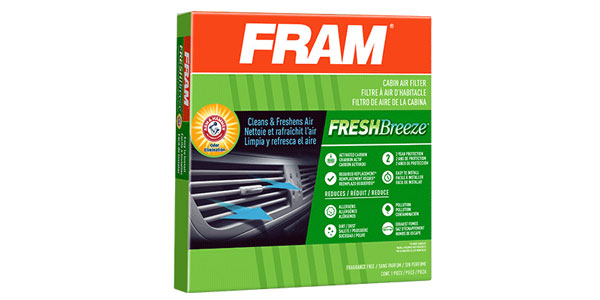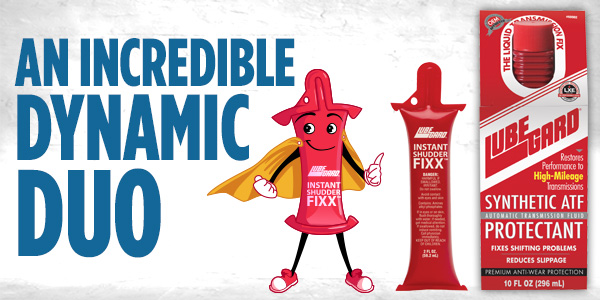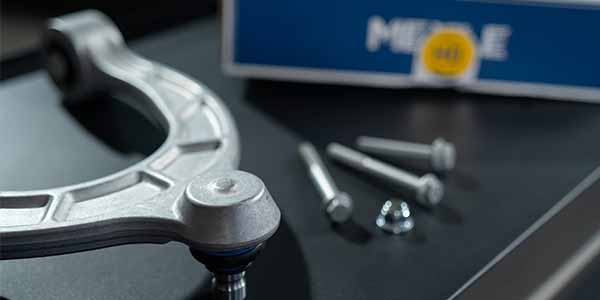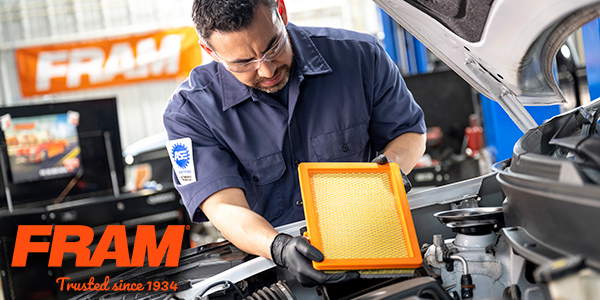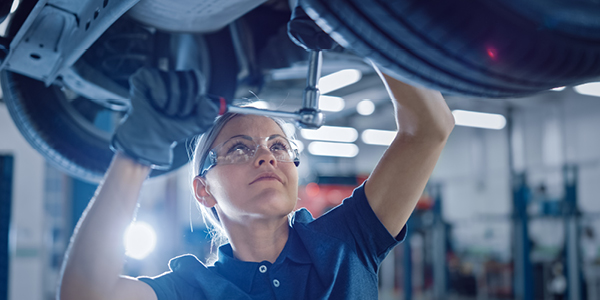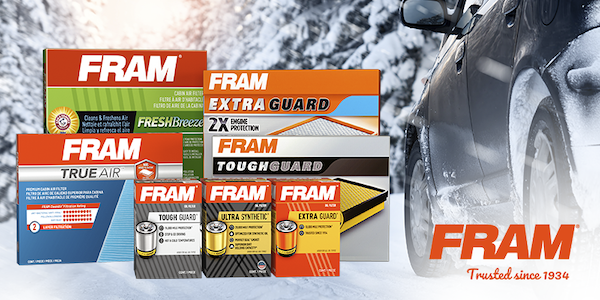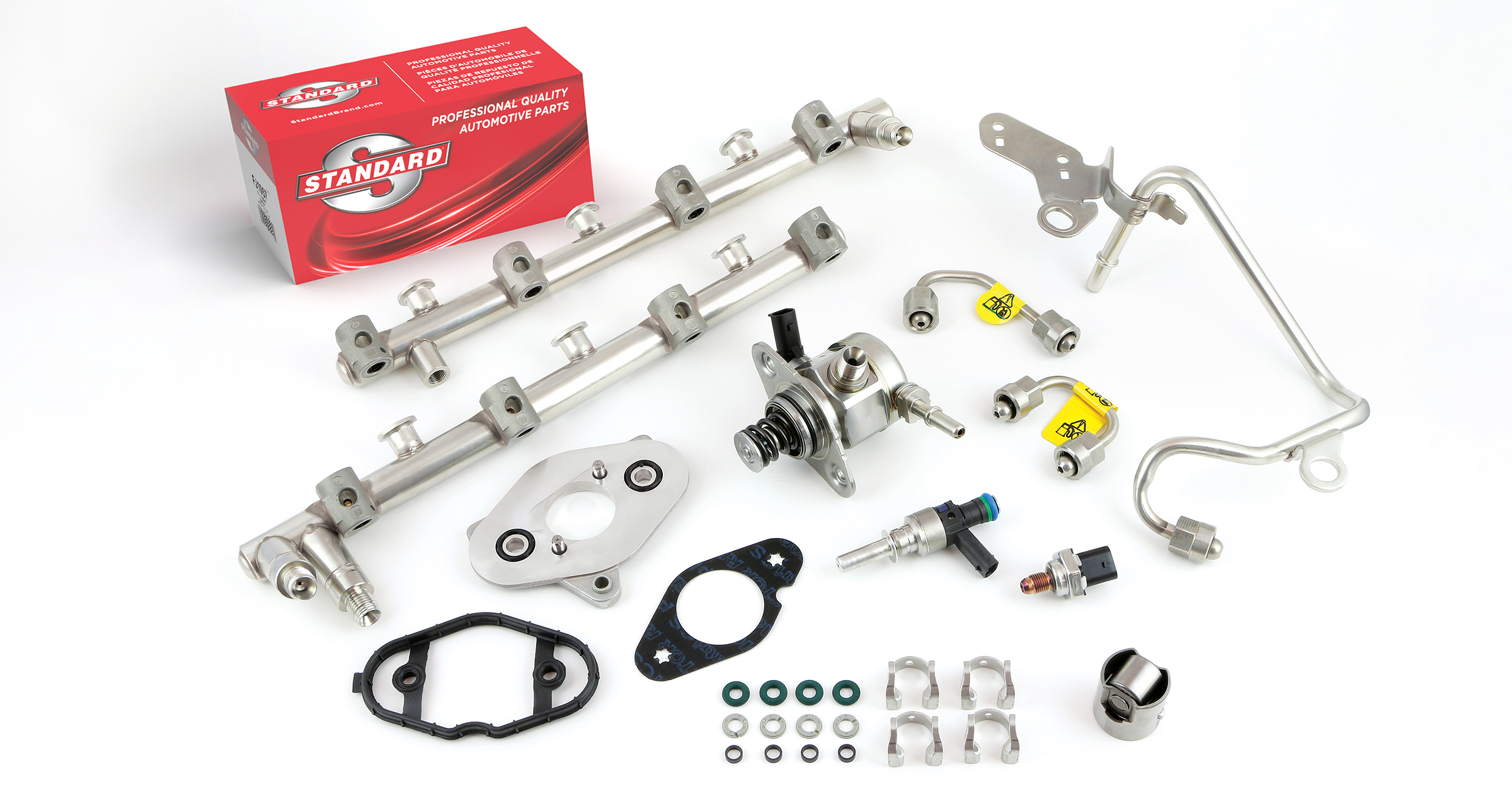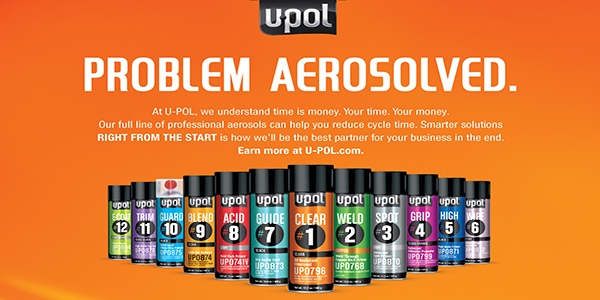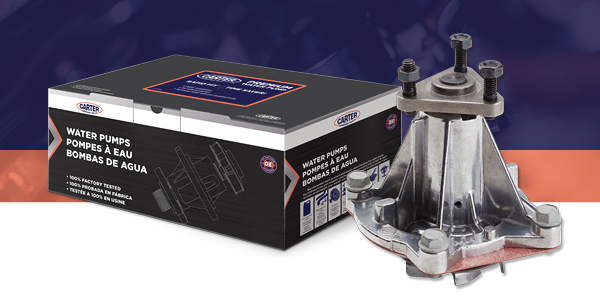Every surface is getting a thorough cleaning these days. Kitchen counters, doorknobs and even vehicle interiors are subject to regular disinfectant wipe-downs. In fact, the CDC has released a list of guidelines for how to properly clean a vehicle’s many surfaces.
For hard, non-porous surfaces in the interior of a vehicle – including hard seats, arm rests, handles and light and air controls – a first cleaning with detergent or soap and water is called for, followed by disinfection with EPA-registered antimicrobial products, diluted household bleach solutions or alcohol solutions of at least 70%. Soft or porous surfaces (such as fabric seats) require proper cleaning and the use of EPA-approved disinfectants, while frequently touched electronics (such as touchscreens) need delicate handling per manufacturer instructions.
These cleaning guidelines are useful in fighting dirt, bacteria and other pathogens you track into your vehicle. Of course, washing your hands and keeping them off your face should be your first line of defense. After giving your interior surfaces a complete clean, you’ll feel more secure. However, there’s an important vulnerability you could be missing: your cabin air.
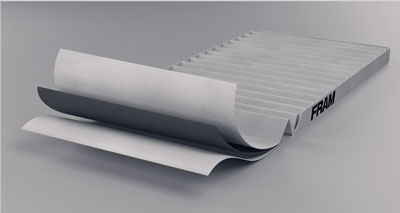
Clean and clear cabin air is something drivers may take for granted until their car is infiltrated with musty odors, dust and allergens. New cabin air filters can be an effective defense in keeping air-conditioning systems free of road dust, allergens and particles as small as 5 to 100 microns. While it’s not likely that a filter would be the key in preventing an infectious disease, it can at least prevent a sizable percentage of contaminants from circulating through a vehicle’s ventilation system.
Lessened exposure to contaminants is an important factor in improving vehicle-air quality, allowing drivers to breathe cleaner air that is free from a majority of the particles surrounding the exterior of their vehicles. While a cabin air filter isn’t a miracle defense, now is a time that we are all acutely aware of health risks and the cleanliness of all our spaces. Offering a customer a new cabin air filter may not address their current fears, but it is a smart long-term decision for respiratory comfort.
Drivers can breathe easier with a FRAM® Fresh Breeze® cabin air filter, which protects against 98% of road dust, pollen and other harmful contaminants, and they can say goodbye to musty odors thanks to Arm & Hammer® baking soda technology. Give your customers the option of improved vehicle-air quality with a 10-minute-or-less installation that makes DIY filter changes a breeze. Offer a higher level of driving comfort; point customers to FRAM® Fresh Breeze®.
This article was sponsored by FRAM.

